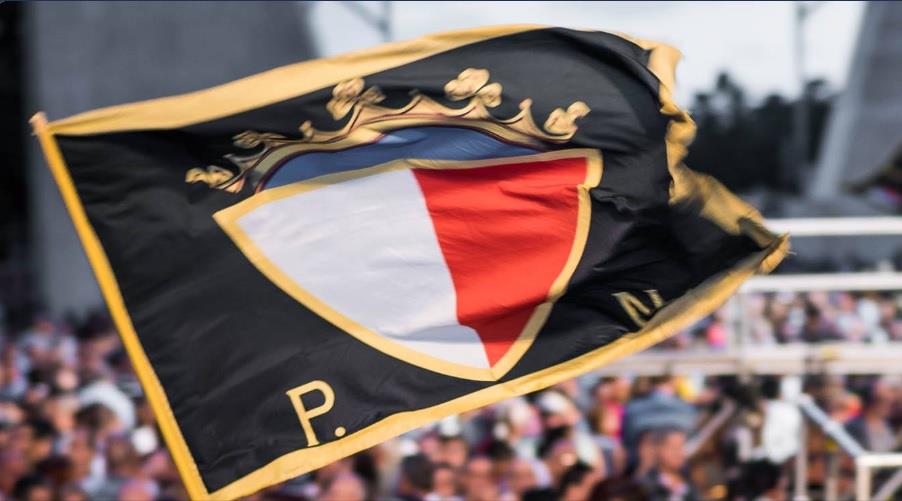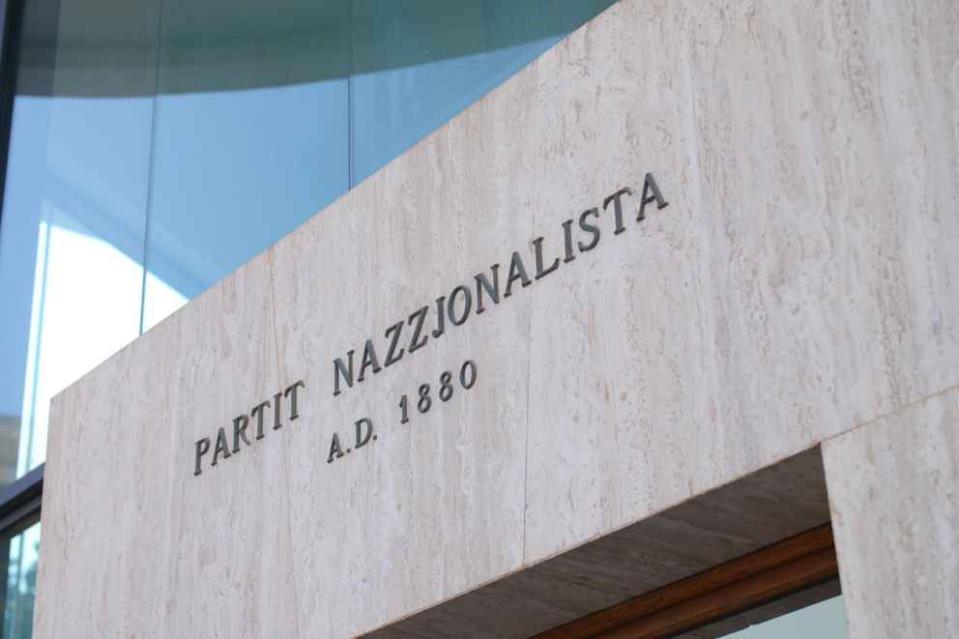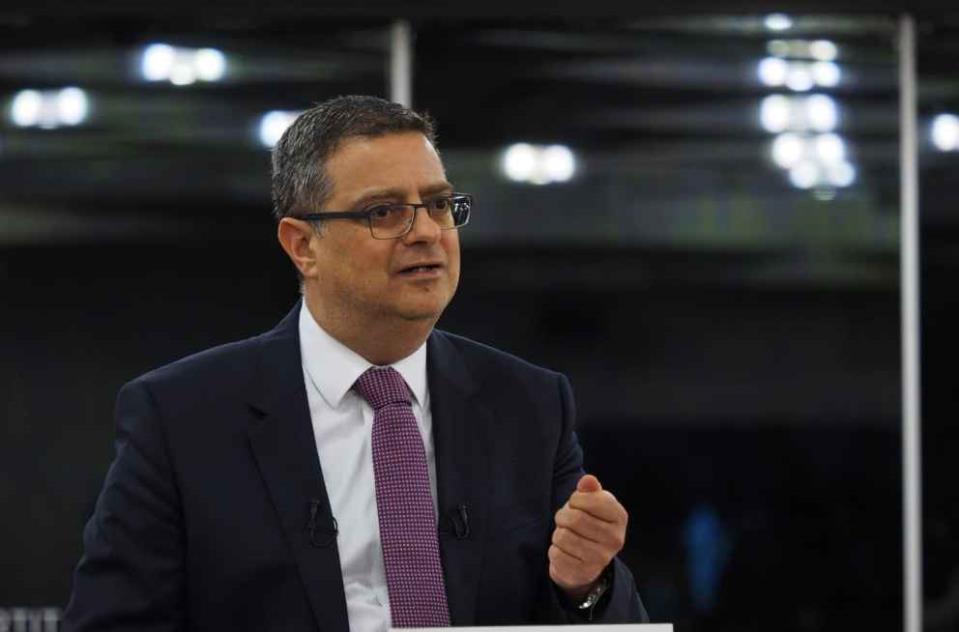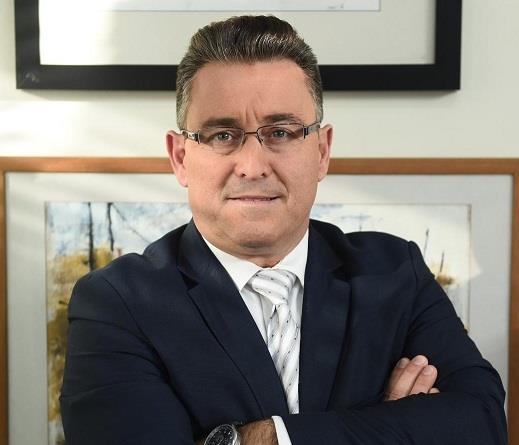What has been obvious for several weeks has now become official.
The Nationalist Party leadership election will be contested between incumbent Adrian Delia and establishment candidate Bernard Grech.
The election will be spread over 10 days, with the winner to be announced on 3 October.
From what is known, the two are ideologically poles apart, with Delia more of a liberal and Grech more of a conservative; their opposite stand on migration issues is probably the perfect example to explain their differences, with Delia trying to reach out to the right-wing elements among the party members and Grech taking a softer, more humane approach.
But there are matters in which there are similarities, not least by both of them coming from outside the party and reaching for the top (Delia has succeeded, Grech aims to emulate); and the possibility that both will see their political career come to an end very quickly. Fiscal problems are another thing they share or have shared, as the due diligence reports that were published last Thursday amply show.

Three months
The race for the leadership has been a long process, one which started in early July when Delia lost a vote of confidence in the parliamentary group, and will finish more than 12 weeks later.
Too long a time, one may add, in which the wounds which have festered in the PN for the past three years or so continued to aggravate, while the country was deprived of a solid opposition to keep the government under scrutiny. There was no real change there as, except for some brief moments, the Opposition was next to being irrelevant since 2017 while the government remained unchecked and unchallenged in spite of, among other things, a crisis which brought down the previous prime minister.
This summer then, while the PN focussed on its internal impasse, there was no Opposition to contest the way the Covid-19 situation was mishandled by the government after doing splendidly between March and June, apart from offering no scrutiny on the scandals that are emerging from court, almost on a daily basis.
Whoever wins, in the interests of the Nationalist Party, should revise the way the next leader is elected. A political party cannot waste so much time in determining who its leader is going to be. This gives an advantage to its political rivals. The Labour Party passed through a similar process a few months ago, settling everything in six weeks, half the time. Without Christmas in between Joseph Muscat’s announced resignation and Robert Abela’s election, in all probability the exercise would have been shorter.
Whether this revision should include a reversal of the Simon Busuttil-led idea of having party members vote for the party leadership should also be a matter up for debate. What happened in the party these last few years shows that the democratic process of electing a leader by the party members was not accepted and respected by a many in the top structures of the party. So, one asks, what’s the point of having this system when what is decided by the many is overruled by the few?

Due diligence
It took almost six weeks, nearly the whole amount of time allowed by the PN statute, for the two candidates to undergo a process of due diligence.
The thing is, nobody really believed that either of them would have been prevented from contesting. So there was no bombshell when it became known that Delia and Grech had both passed the test, in spite of their tax failings.
The Labour Party was however quick to point out that the exercise was “superficial” and “cannot be taken seriously” given that it “failed to identify serious shortcomings by both candidates that everyone knows about”.
Neither contestant, the PL added, is fit to hold a constitutional position given their behaviour in their professional life, and then went on to give an account of the fiscal issues of both candidates. Now, Labour is not exactly the perfect example of good governance, given its recent record when it comes to corruption and the way it tackled its own black spots. Neither can Labour be described as being transparent, given the way it withheld and continues to withhold important information from the public. The Egrant report is a case in point, as it took court action by Delia for the information to finally make it in print. But the point made by Labour carries some validity.
This due diligence exercise – and the fact that Delia passed it – has led many of his supporters to raise questions. If, now that it has been ascertained that Delia is “eligible”, why did the rebels cause so much fuss and problems to him about his “murky past” for three years? And, if Delia’s behaviour made him, for the rebels, unfit to be leader, why are they supporting Grech who also has or had problems with the taxman?
For their part, Grech’s supporters are arguing that his faults cannot be compared to those of Delia, as ultimately his position with the tax authorities has been regularised, while Delia still has pending issues.
What is sad is that the two contenders ended up using much of their time to defend their own personal situations, rather than explain their vision for the future, both the party’s and the country’s.

Adrian Delia
Adrian Delia was never liked by a good chunk of the PN supporters, who never identified with him. Even before he was elected, his reputation had been tarnished by a string of reports. While well-liked by the average PN member, so much so that he was eventually elected, he was not the ideal leader for most of the top officials within the party structures.
His leadership was an uphill struggle right from the start. He found antagonism from all quarters, including from members of his own parliamentary group and the party executive. Not even important political victories such as the already-mentioned Egrant saga and his battle against the handing over of three public hospitals to the private sector enabled him to earn respect among his cohorts.
He valiantly fought on, but it was only a question of time until the so-called rebels found a way. They first tried with a vote at general council level last year, but Delia overcame that hurdle. Now, this year, they went one step further first by giving him a vote of no confidence in the parliamentary group, followed by another one at executive committee level, and finishing off with forcing a vote for a (new) leader via the general council.
Perhaps they did not expect Delia to retain his position. Perhaps they thought he would have given up immediately, after the parliamentary group vote. But Delia’s resilience, or stubbornness, depending on one’s point of view, has now led to a showdown.
The fact that Delia is seen to be the preferred choice for the Labour Party is not helpful to him. It reminds us of how, for example, the PN had supported George Abela in his battle against Joseph Muscat for the Labour leadership, a move that pushed more Labour voters to choose Muscat.

Bernard Grech
None of the rebels is contesting Delia for the post. They have picked Bernard Grech, who has been vocal in his views in public for several years and, although it was always known which side he was on, he was never part of the PN internal structures. Strange choice, considering that what irked many of the rebels was the fact that Delia was pushed to the top from the outside, without ever having occupied a position within the party before taking over the leadership. Now they’re doing the same thing, but with someone to their liking.
This leads many to think that Grech is just a transitional figure. Knowing that it is next to impossible for the Nationalist Party to win the election in less than two years’ time, Grech will simply be used to lead the party until 2022 and will then be discarded in the same way that Therese Comodini Cachia was thrown away at the first opportunity. First she was named as a possible Opposition Leader when someone was needed as a replacement for Delia as the rebels went to the President to force a change (which was rejected). But once that stage was over, Comodini was pushed aside and Grech was proposed.
The general feeling is that PN big guns who aspire to become party leader do not want to be the ones to face Delia. So they picked Grech as a stop-gap, and the real battle will then come after the PN loses the next election. Some of those who are now holding back and saying they are not interested in taking on Delia will have a different opinion after the next general election. If this comes to be, Grech will have a much shorter stay as PN leader than Delia.
A win for Grech is seen as potentially bringing back to the fold those Nationalists who have shown indifference to the party since Delia took over. But is may also mean that Delia fans will be the ones who will turn their backs to the PN.
Questions
Whoever wins between Delia and Grech, it is hard to imagine that the PN’s problems will be over.
The losing side will be bitter, and no matter how much talk there is and will be about unity, the wounds that have opened up in the last years will take long to heal, if ever.
There will also be questions which only time will (hopefully) answer.
If Delia wins, will he eliminate the rebels? He would certainly emerge stronger, but will he be courageous enough to kick out those who worked against him? If he loses, will he go quietly, or will he remain within the group? If he stays, what will his contribution be and, more importantly, will he be the one to start causing trouble?
If Grech wins, what will he do with Delia? Will he allow him to stay on? How will he work to embrace the Delia group? What will he change in the PN to make it, in the words of those who are supporting him, more electable? Will he be his own man or will he allow himself to be led by the people who selected him as their spearhead against Delia?
PN as an opposition
The PN’s disarray in the last three years has been a loss for the country. A democracy cannot function properly without a valid opposition to the government. The PN’s voice lost power as time went by, with Delia becoming more and more isolated as internal obstruction increased. Some argue that Delia would have been more effective if those around him really supported him; others say that he would not have made it anyway.
As it happened, the PN’s relevance in Maltese politics shrank to a bare minimum. It played little part, if any, in the bringing down of Joseph Muscat following revelations in connection with the murder of Daphne Caruana Galizia, and it has appeared weak, if not inexistent, against a government mired in one scandal after another. A strong opposition would have made inroads and been more effective.
What is sure is that after 3 October – whether it will be a continuation or a new beginning, and irrespective of the choices made by the winner – the country needs an opposition which really keeps check on the government.